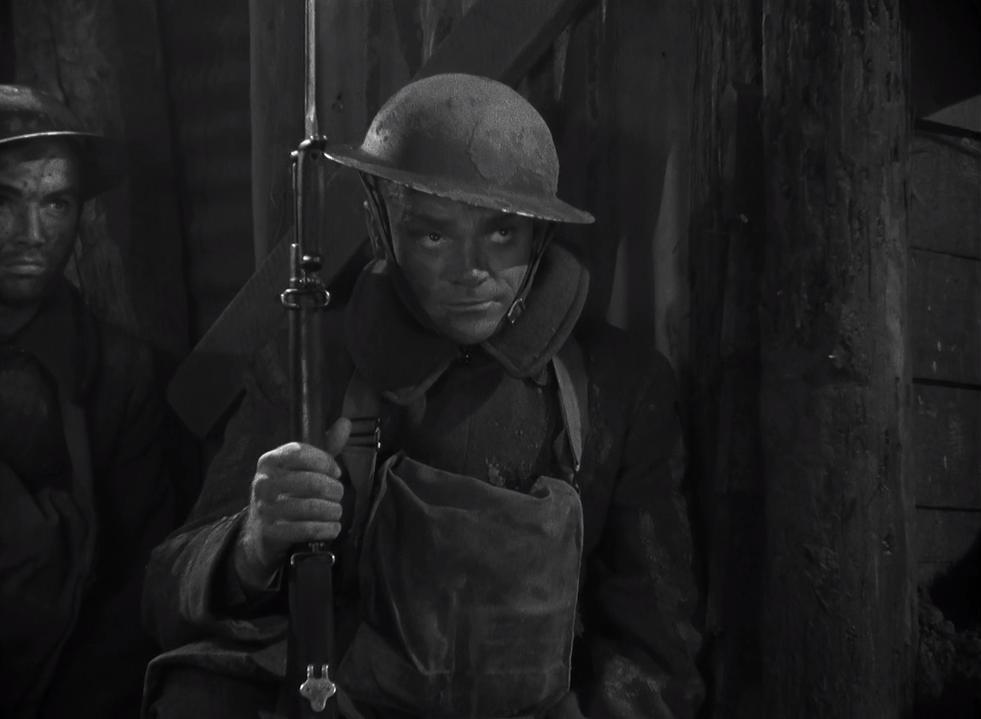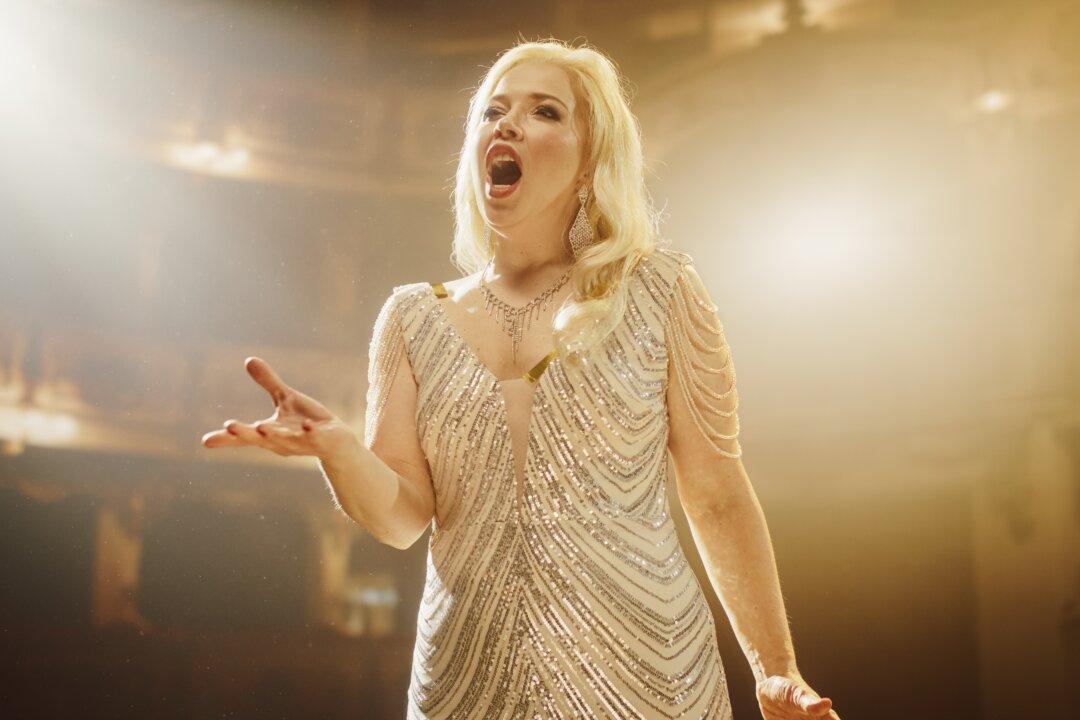Many classic films depict servicemen’s valiant wartime deeds, and these deserve another look on the day we remember those who have fallen for our sake: Memorial Day.
After the success of 1939’s “Gone With the Wind,” American Civil War films became popular. Before America joined World War II, World War I was the most frequent setting for combat films. During World War II, stories about the war were popular, remaining so for years.






